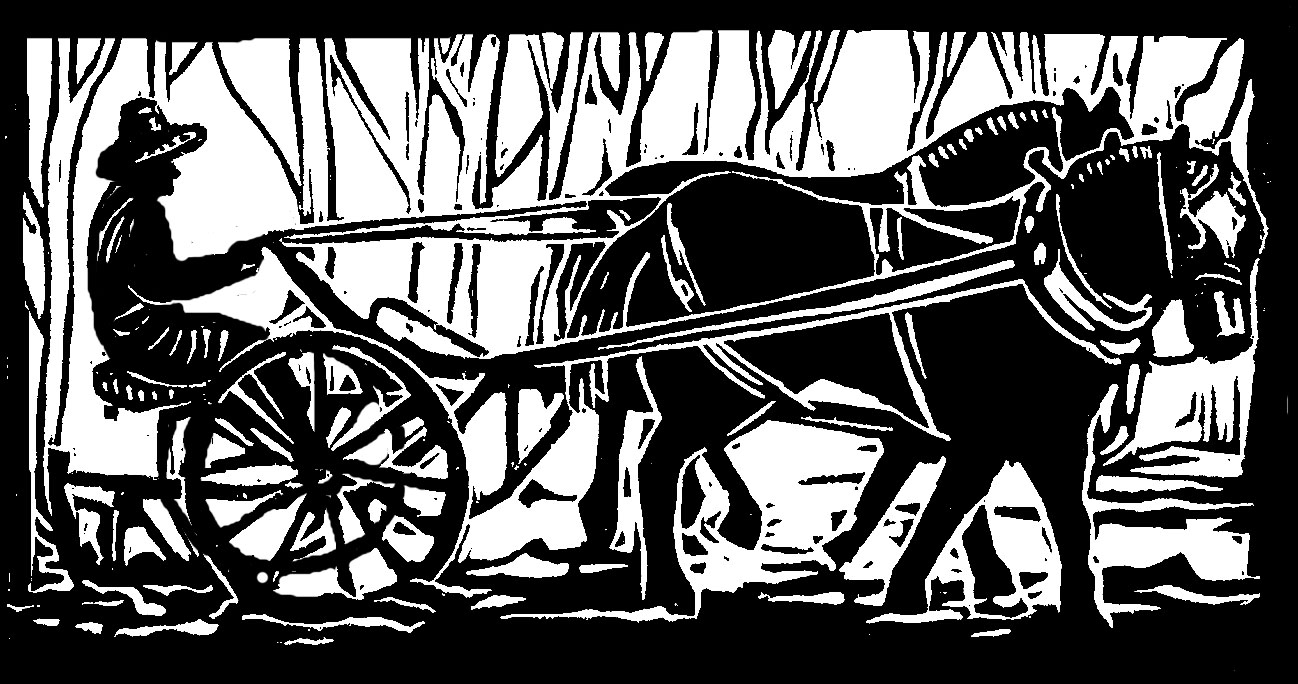Sometimes people ask vegetable farmers what we do all winter. This is our short answer: we order seeds. We feed the horses. We fix tools. We sleep.
This is our long answer: first, we spend a few days not knowing what to do, once the enormous pressure of the season has ended. We drift around the house and fields, hardly comprehending that we don’t have to harvest or weed.
Then we start imagining what we could do, now that we don’t have the enormous pressure. My travel-loving fellow farmer has some suggestions: “Let’s go to Norway!”
I laugh. Our new team of horses last spring cost more than a trip to Norway, and have made trips to Norway unlikely for some time.
For my part, I start noticing all the things we’ve neglected. This year, after the season ended, we fixed the burnt-out light over our kitchen table. After six months, we could see what we were eating!
Then we fixed the broken storm window in our daughter’s bedroom, a project two years overdue. Luckily, the daughter is 24 and not living here full-time, so she didn’t spend every night of those two winters shivering.
Then, since we were on a roll, we asked our clever fix-it-all neighbor to look at our front door, which we’d been keeping closed by using an old sock stuffed in the bottom edge. He put a chink of wood around the latch, and our door closes properly again. What a pleasure!
“It’s almost as fun as going to Fiji!” my fellow says.
I laugh. Our new team of horses last spring cost more than a trip to Fiji, and have made trips to Fiji unlikely for some time.
Buoyed by all these home improvements, we moved on to larger projects: for example, moving the cabinet we inherited a year and a half ago out of the middle of the living room, into its new home against the wall in another room. This really opened up the view of the couch, where we had stacked everything from the kitchen shelves: books, papers, seed catalogs.
We cleared the shelves when a puppy entered our lives last April, as we came into the full-on gardening season. He had the run of the kitchen as a chewing-a-lot puppy, with only supervised visits to the living room.
Thus he didn’t chew on things we didn’t want him to, but we couldn’t sit on our couch for the last eight months. Now we can see one couch cushion, and one farmer can relax there. Soon we will clear the other cushion, and two farmers could sit side by side, holding hands, perhaps, as they gaze at the nicely sleeping dog at their feet.
“Just think,” says my fellow. “We could get the dog used to flying on airplanes while he’s young, when we go to Tasmania!”
I laugh. Our new team of horses last spring cost more than a trip to Tasmania, and have made trips to Tasmania unlikely for some time.
The dog would probably like to go to Tasmania, since he is an agreeable fellow. He is not always nicely sleeping, however. It took us a while to realize that our garden season was ideal for a dog, as he was outside with us most all day. But in winter time, we are inside much more often, and this young energetic dog didn’t have quite enough to do.
“Why’s he being so awful?” I would say to my fellow farmer, as the dog jumped, barked, annoyed the cat, and annoyed the people.
“Maybe it’s adolescence?” my fellow suggested, which is partly true.
“Maybe he’s not getting enough exercise,” I say. “Let’s go hike in new places in Chesterfield! And Walpole! And Brattleboro!”
“Yes!” answers my fellow. “It’s almost like going to Norway! And Fiji! And Tasmania!”
Originally published in the Monadnock Shopper News, Feb 5-11, 2025
